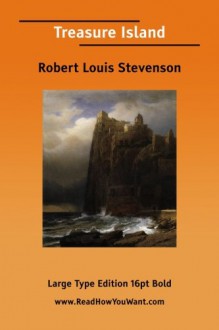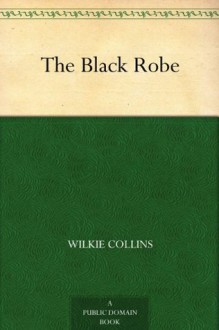
I knew what I was getting into when I opened the first page of this British colonial adventure-fantasy. Though I'm not quite sure whether I've read King Solomon's Mines, I know I read She when I was younger, so I'm familiar with the notion of brave English explorers - male of course - penetrating into darkest Africa to discover a lost race, preferably ruled by females who are light-skinned enough to avoid the inevitable cries of miscegenation when the said brave English explorers take over by some combination of martial force and marriage. Allan Quatermain, our narrator in this adventure, is such a man, although he casts himself as the older, unmarriageable sidekick to Sir Henry Curtis, unchallenged Hero of this book, and to the secondary principal, Captain John Good, who is as apparently fated - by genetics or literary convention - to be as unlucky in love as Sir Henry is inescapably lucky. So it's just as well, really, that there are two light-skinned sister-queens in the lost kingdom, one good one (Nyleptha) for Curtis to fall in love with, and one bad one (Sorais) to fall for Good while he is pining inappropriately after her sister. Part of their party, but standing apart in every possible way from the English, is Zulu chief Umslopogaas, who has a great attachment to his battle-axe and is immovably serene except when intensely engaged in battle.
The fantasy elements are well-handled, by and large, with intriguing architecture for the central royal complex (in Milosis, the capital of the realm of the Zu-Vendi) and a fun and well-described involuntary trip by underground river into the fantasy realm. The hunting scenes (Quatermain is a hunter by profession) are less enjoyable for this reader, as are the various battle scenes. In particular, the opening chapters set in the "real" Africa, where the opponents are not fantasy nobles and priests but the very real Maasai - and if Umslopogaas is the Noble Savage, the Maasai are depicted are the very opposite, ignoble and undifferentiated slaughterers destined for slaughter themselves because they have the effrontery to attack a Christian missionary's family.
The tone is generally fairly light and full of dialogue, and there are comic episodes, some of which work better than others for the modern reader. The stereotypical lily-livered Frenchman (a cook, of course) doesn't provide me with many guffaws, which is a shame since that's his sole purpose in the book.
Anyway, it's a well-told adventure story, and since I'm past the stage where my world-view will be warped by the sexism and imperialism in the narrative, I'm perfectly happy to treat it as a fantasy and enjoy it.

 Log in with Facebook
Log in with Facebook 









